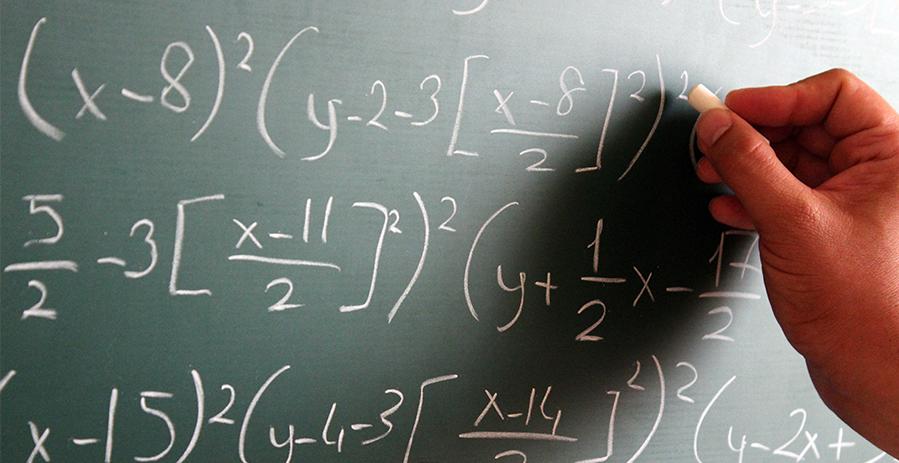

Bonus points for higher-level maths - The impact after 7 years
Bonus points were brought in to maximise the number of students opting for higher-level maths and with the long-term goal of improving national competitiveness, skills needs and competencies underpinning innovation.
In their analysis of results data, Professor Lisa Looney, Executive Dean of Faculty of Engineering and Computing, and DCU Professor Brien Nolan, Head of School of Mathematical Sciences, DCU, revealed a dramatic, positive change in levels of participation in higher-level maths has been achieved.
The percentage of Leaving Cert students taking higher-level maths has more than doubled from 15% in 2011 to 31% in 2018
8,600 more students took higher maths this year (8,237 in 2011; 16,837 in 2018).
Despite the dramatic increase in participation levels, students are performing well:
92% of this year’s students received the 25 bonus points, achieving a H6 or better.
79% of this year’s students did very well, achieving a H5/C3 or better.
303 (1.8%) higher maths students this year failed to meet the minimum university requirements for maths. This is an increase (48) in the number of students facing this difficult situation over 2011. However, it is a very modest increase in the context of participation growing by 8,600.**
4,338 additional female students have sat the higher maths exam since 2011. This has created a significant increase in the pool of potential female applicants for STEM courses, many of which have poor uptake by females.
The percentages of females and of males performing well in higher maths (> H5/C3) is not significantly different (F-82%, M-79% in 2011; F-79%, M-80% in 2018).
“The bonus points are clearly serving their purpose and it is fantastic to see a significant increase in the number of female students doing well in higher maths. However, the challenge remains to attract more female students to build on this, by choosing STEM courses at third level,” says Lead Researcher and Executive Dean of Faculty of Engineering and Computing, Professor Lisa Looney.
However a number of questions remain regarding improving general standards in maths among school-leavers.
“Upping participation at higher level, while a required step, only raises general standards of maths if the curriculum - how it is taught, assessed and resourced - supports this. Mathematical under-preparedness remains a concern at third level,” added Professor Looney.
* These are provisional statistics, pending the Leaving Certificate Appeals process.
** Changes brought in parallel with the new grading system (last year) have helped ensure a poor performance (H7) does not limit students.
For a copy of the full research please contact alison.mcneill@dcu.ie
